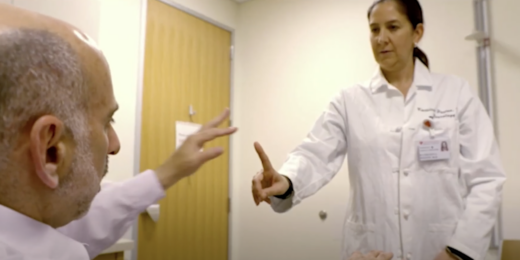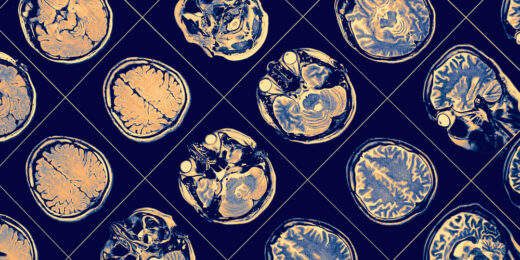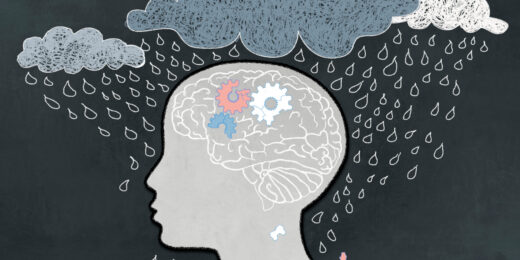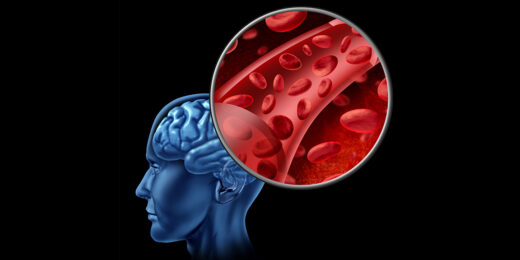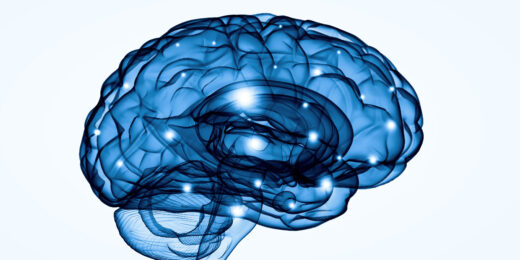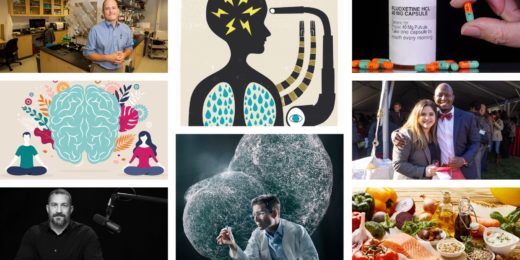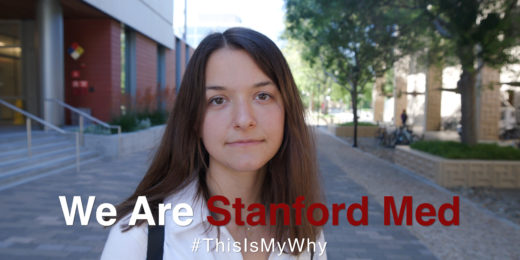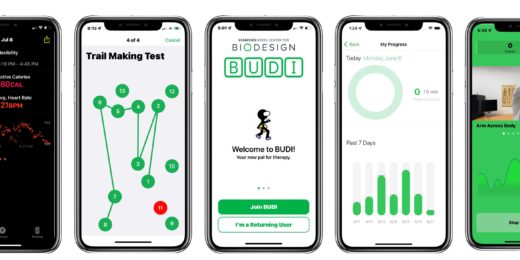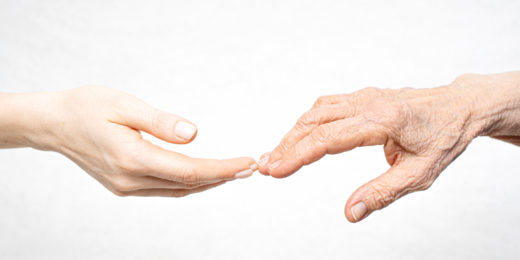A new test can detect the biological signature of Parkinson’s disease before symptoms arise. A Stanford Medicine neurologist explains why early diagnosis opens the door to better therapies.
Category: Neurology & Neurosurgery
One step back: Why the new Alzheimer’s plaque-attack drugs don’t work
A few closely related drugs, all squarely aimed at treating Alzheimer’s disease, have served up what can be charitably described as a lackadaisical performance. Stanford Medicine neurologist Mike Greicius explains why these drugs, so promising in theory, don’t appear to be helping patients much if at all.
What really happens to our memory as we age?
A Q&A with a Stanford neuroscientist on dementia, healthy aging and memory loss — and how we can protect our brains in later life.
PA student, a cancer survivor, rolls with the punches
She was a first-year PA student at Stanford Medicine when an MRI scan revealed that Melanie Shojinaga had a brain tumor.
Scientists identify ‘Velcro-like’ molecule to potentially treat ALS
A drug created by Stanford Medicine scientists aimed at a ‘Velcro’-like protein reduces ALS symptoms and improves survival in mice.
From brain injury to support group
For Kaitlyn McCaffery, a brain injury survivor, finding community was the key to lifting her spirits during recovery.
Depression: Early warning sign or risk factor for dementia?
Stanford Medicine researchers showed that risk of dementia increases for people previously diagnosed with depression.
Blood condition linked to protection against Alzheimer’s
Researchers at Stanford Medicine explore a potentially causative connection between a blood disorder and Alzheimer's.
Restoring the blood-brain barrier?
Stanford Medicine scientists and collaborators discover a treatment in mice to repair the blood-brain barrier, which is key to brain health.
Scientists dance the beautiful brain
Stanford Medicine's Medicine & the Muse program hosts a night of neurobiology and dance to feature the intersection of the two.
Machine learning could enable faster, less costly epilepsy drugs
Researchers created an algorithm to determine if mice have epilepsy and whether they have been treated with seizure drugs.
A 2022 recap: Most read, most viewed and most popular on social media
As the year comes to a close, we're sharing the most-read stories, most-viewed videos and most popular stories on social media of 2022.
We are Stanford Med: #ThisIsMyWhy with Melanie Ambler
Melanie Ambler, a student at the Stanford School of Medicine and "physician artist," playing the cello and learning to care for patients.
What can squid brains teach us about nervous system evolution?
Researchers are studying the bobtail squid to learn more about the evolution of intelligence. Their focus is on "large genes."
Building a ‘BUDI’ to help kids with cerebral palsy
Stanford med student designs biofeedback app meant to encourage children with cerebral palsy move their arms to build strength.
Can we rejuvenate aging brains?
A Stanford Medicine researcher discusses his neuroscience-driven investigation into aging and if it's possible to rejuvenate an aging brain.


